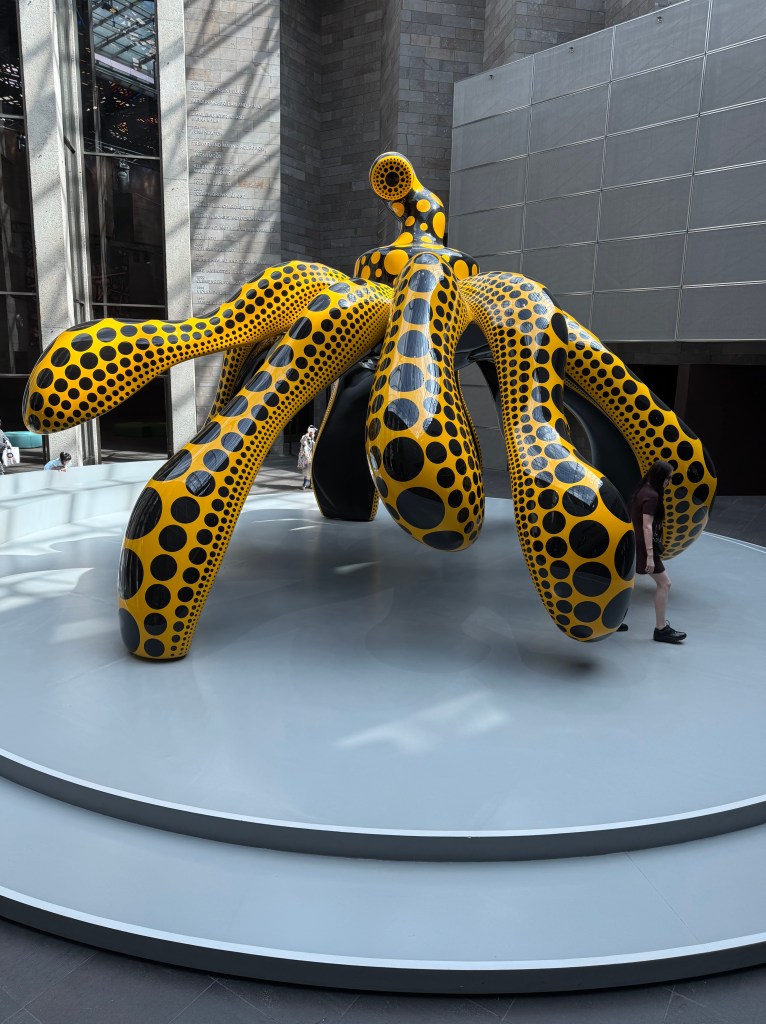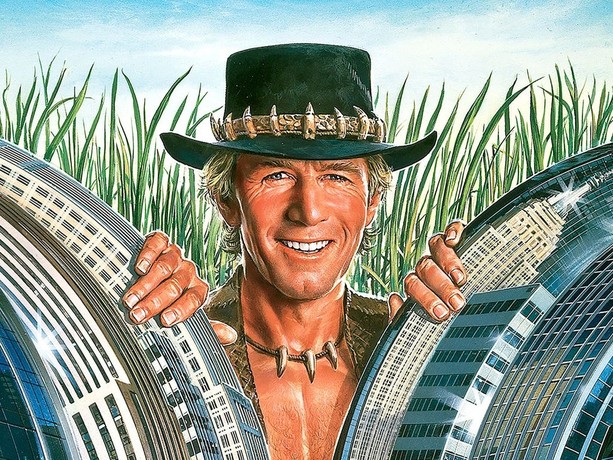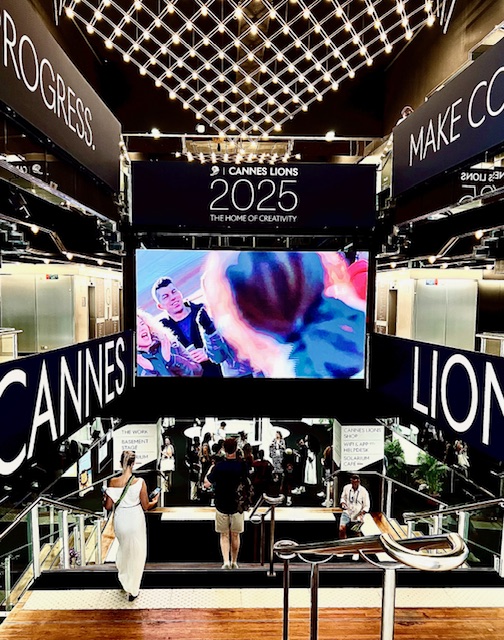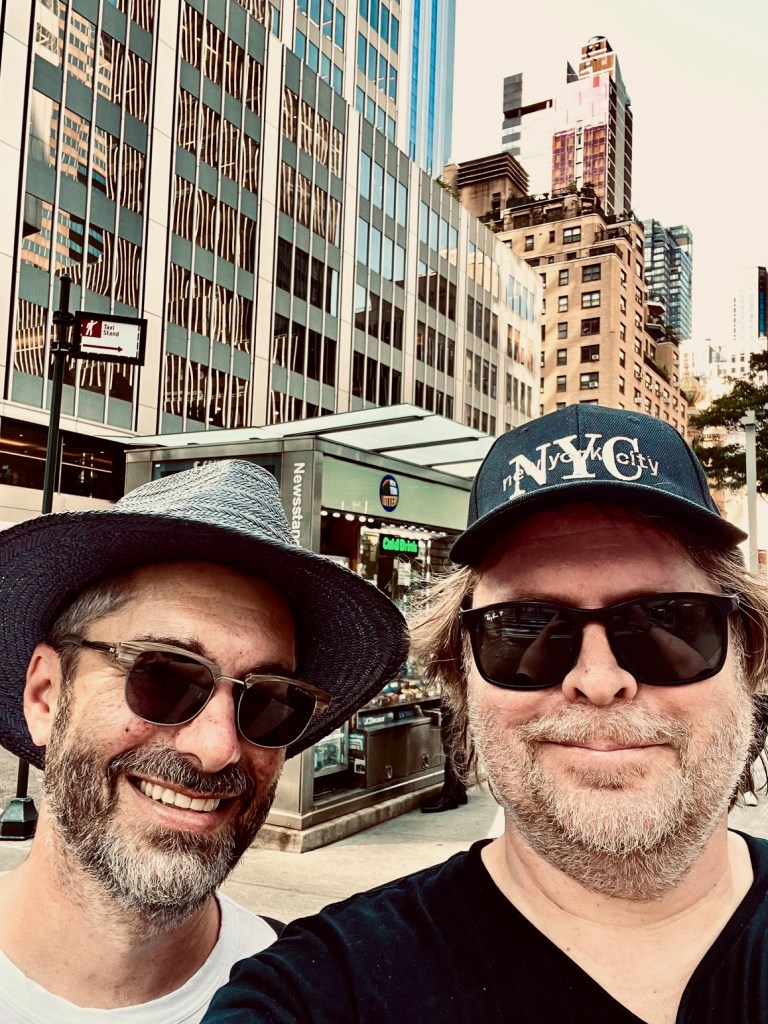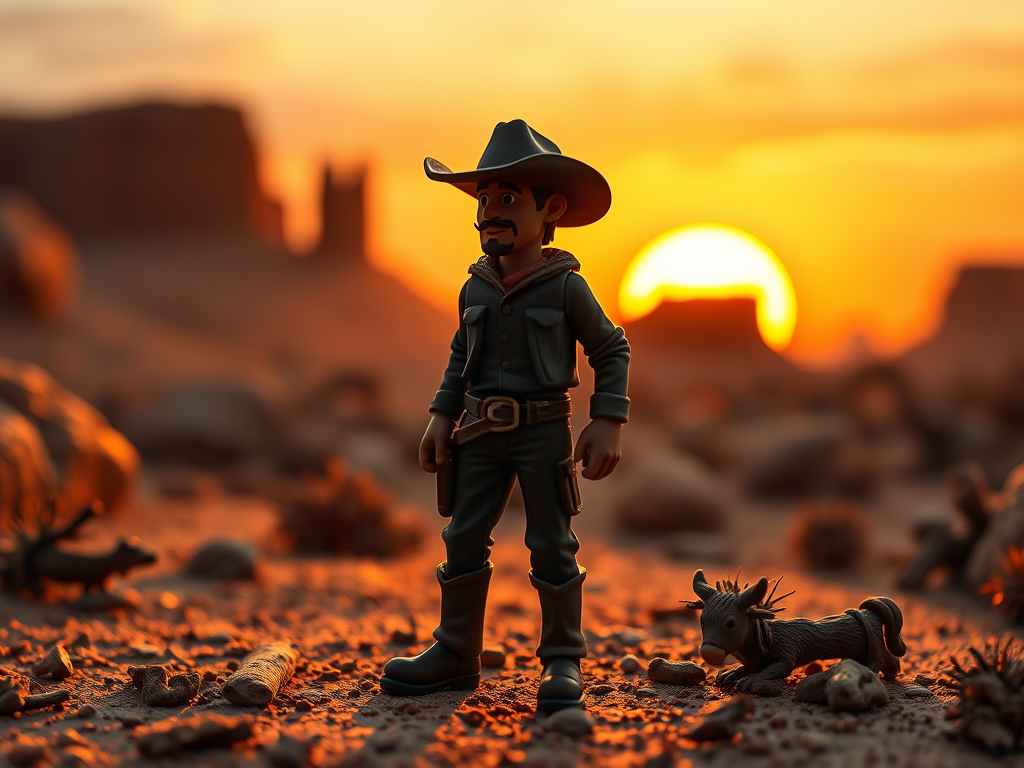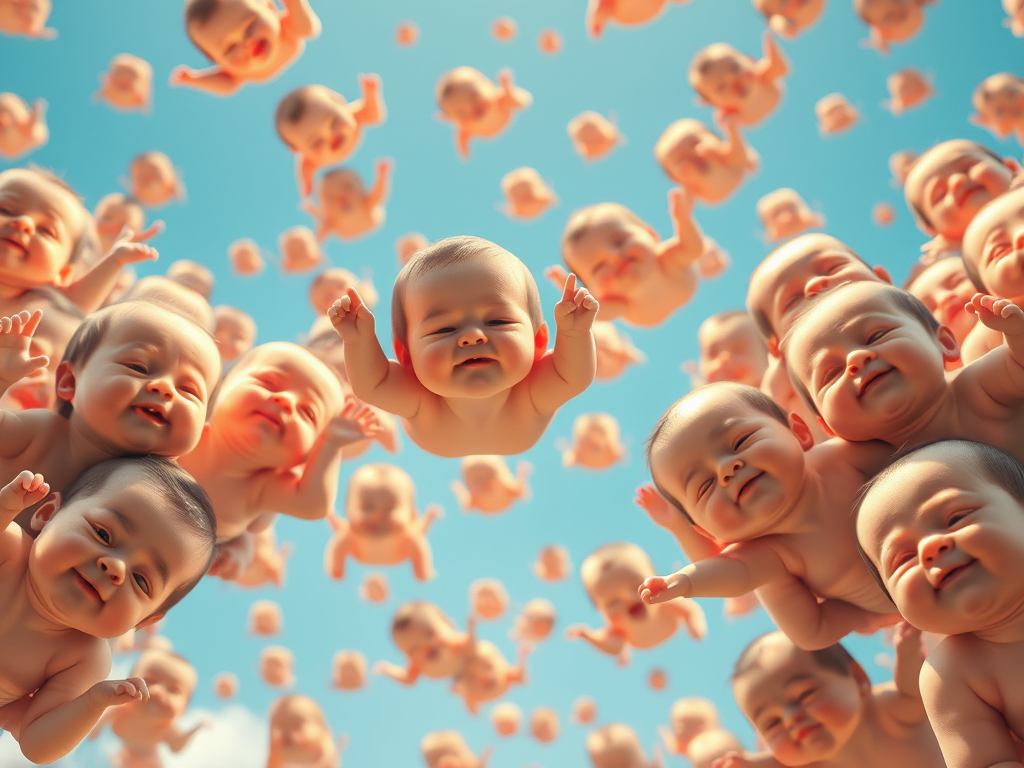
“The simple act of caring is heroic.”
Edward Albert
There’s a quiet, persistent mistake the industry keeps making about creatives.
A kind of polite delusion. We say “creatives come up with ideas,” as if that’s the job. As if that’s the mountain. But coming up with ideas is not the job. It’s barely the foothills.
Anyone can have an idea.
A sweaty planner doing pilates on a Saturday afternoon.
A client in a taxi on the way to the airport to miss a flight.
A stressed strategist in a workshop with too many Post-its.
Even AI will happily give you 500 versions before you’ve finished a coffee. But what if nobody cares about them? What if we start to live in a world where you just go with the first answer. What if nobody tried to make any of those 500 ideas better?
That’s why we need caring.
Caring is a million choices nobody is asking a creative to make. Small details. Is it funny? Could it be funnier? Is that the right car? Should it be a car? The right colour? Maybe black and white? Is this shit? Maybe I should start again. A million little choices that nobody cares about. But creatives do. It’s why they work late. It’s why they work weekends. So they can reach that invisible line in their head.
And nobody talks about it. Partly because you cannot put “cares too much” on a timesheet. Partly because it sounds unprofessional to say you love something that doesn’t exist yet.
Caring is not rational. It is not tidy. It is not polite.
It is ridiculous, obsessive, inconvenient, and occasionally career-limiting.
It is also the only reason anything great ever gets made.
Because every idea is born fragile. A baby. Actually, a baby trying to put their finger in a plug. And the world is designed to flick that switch, if you don’t care, really care, obsessively care.
If you don’t, the idea never becomes anything. And by that I mean it becomes average. OK. Fine. Pretty nice. Quite good.
An idea doesn’t die because it wasn’t great. It dies because nobody cared enough to keep it alive while it was weak.
People think creatives are idea machines.
Wrong.
Creatives are idea shepherds.
The job is to look after something long before others see its potential.
To fight for it when it’s still trying to stand.
Ideas survive because someone on the team cared unreasonably. Someone who couldn’t sleep. Someone who couldn’t let go. There is no job description for that.
The industry keeps mistaking the spark for the fire. It keeps thinking the value is in the moment of invention, when really the value is in the months and months of stubborn, irrational protection that follow.
The hard part isn’t the idea. The hard part is the caring.
And maybe that’s the real crisis in the industry.
Thinking that having ideas is the hard part and not understanding that it’s making a million choices after the idea that really matters. One word for that is taste but I prefer caring.
Nobody asks for it. But trust me, you will miss it when its gone.
